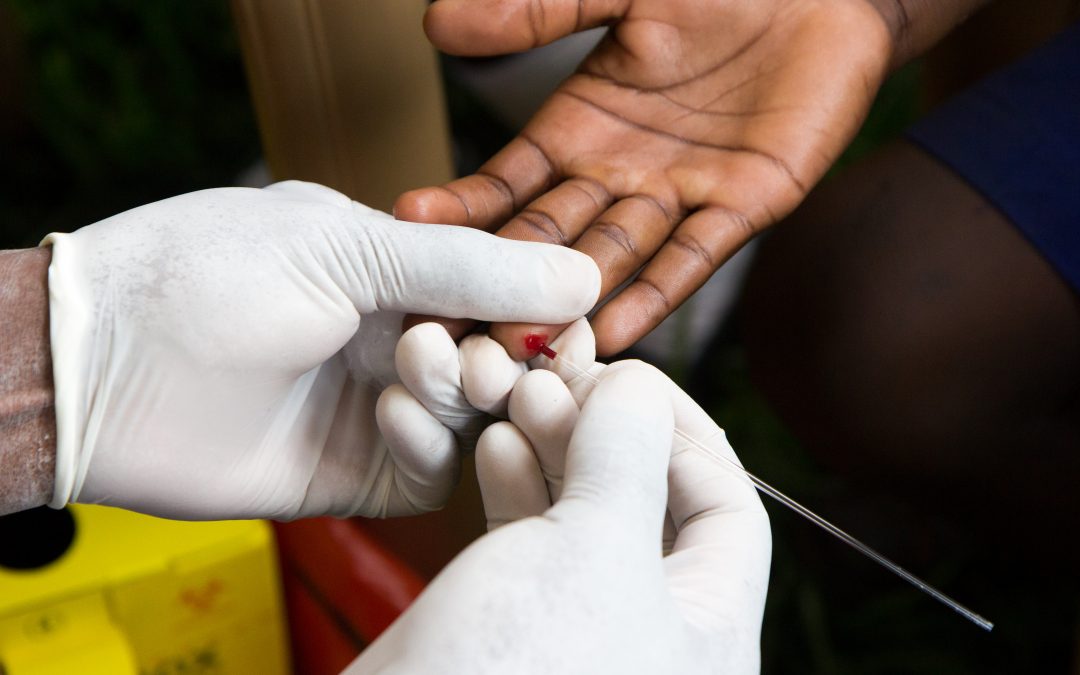We spoke with Professor Francine Ntoumi ahead of International Women’s Day about her career as a parasitologist and how she’s inspiring more women and girls to pursue a career in research and innovation.
You are a world-renowned researcher of Malaria. Why is it, 140 years after the discovery of the development cycle of the parasite that causes malaria, in 2018, there were 4 million deaths worldwide from Malaria?
Since the beginning of my career at the Institut Pasteur, our scientific knowledge of this parasite has improved significantly. However, no vaccine exists to date and suitable treatments for children and pregnant women are still under study. Beyond the lack of appropriate treatments for different patient groups, we are now observing a resistance to Artemisinin – the base molecule of current treatments. To fight tropical infectious diseases like malaria, dengue or Lassa fever, we need greater collaboration and pooling of experience and expertise. The good news is that these exist. The European Developing Countries Clinical Trials Partnership (EDCTP)’s contribution to tackling tropical infectious diseases has been outstanding, and we need an ambitious successor programme if we are to eradicate such diseases.
What do the recent Coronavirus epidemic and the long-term burden of neglected tropical diseases tell us about our ability to tackle such global health incidences?
The solution for these epidemics, despite differences in their nature, is the same. We need to create and rapidly implement large and long-term investment partnerships for research, development, and innovations for these infectious diseases. What is different is that the impact of the Coronavirus is just the tip of the iceberg. Diseases like malaria, tuberculosis, AIDS and other so-called neglected tropical diseases that have been known for so many years continue to affect millions of people to this day. Research is a long-term investment, and it is one we need to make now because, in the world of health, every minute counts and every life is precious.
According to UNESCO, less than 30% of the world’s researchers are women. As we mark International Women’s Day and celebrate #ScienceSHEroes such as yourself for their life-changing work in driving improvements in global health, how do you propose we encourage more women into the sector?
In the Congo, less than 10% of scientists are women. I teach at Marien Ngouabi University, and I use this role to promote careers in research. I take it as my responsibility to open up the fields of research to future generations. Furthermore, the Congolese Foundation for Medical Research, which I founded in 2008 organises awareness campaigns in schools on scientific careers. I go with my students to high schools and colleges in the city and we chat with the students. I modestly try to show them by example, that it is possible to flourish in a scientific career – after all, we can not be, what we can not see. We need more women scientists to be visible to young women and girls who aspire to a career in research.

Professor Francine Ntoumi is a Congolese parasitologist specialising in malaria.
DSW teamed up with PATH and GHTC ahead of International Women’s Day to coordinate a campaign to highlight the amazing women changing lives through their work in research and innovation for global health.
Find out more about the other women highlighted as part of the #ScienceSHEroes campaign here.

